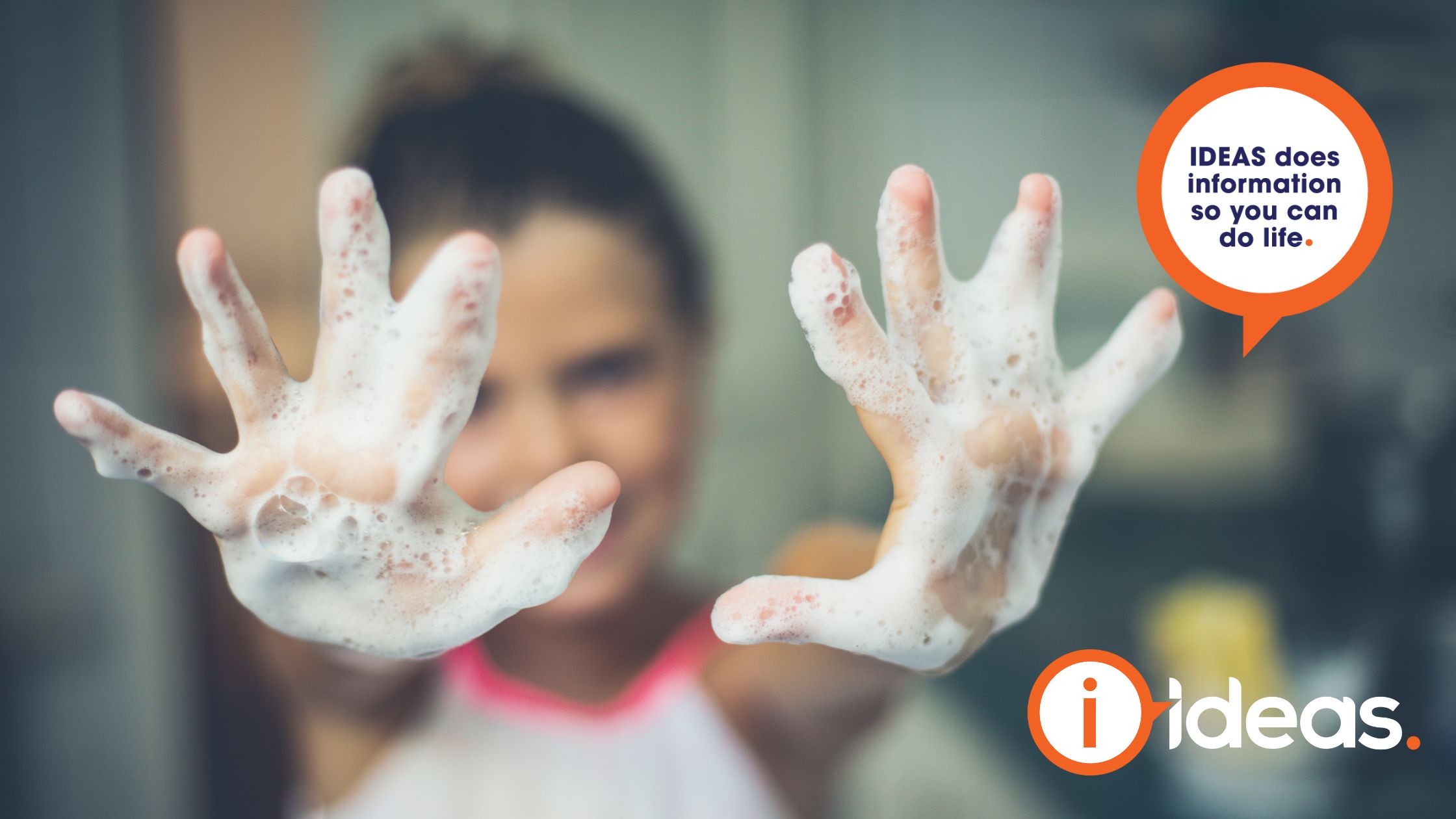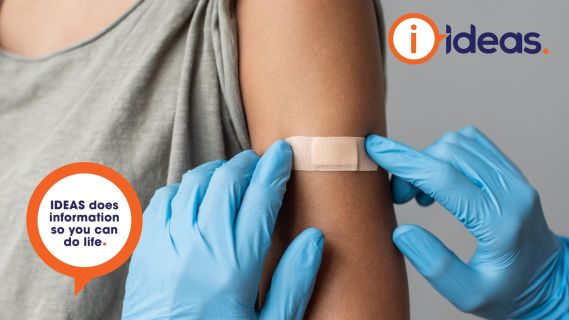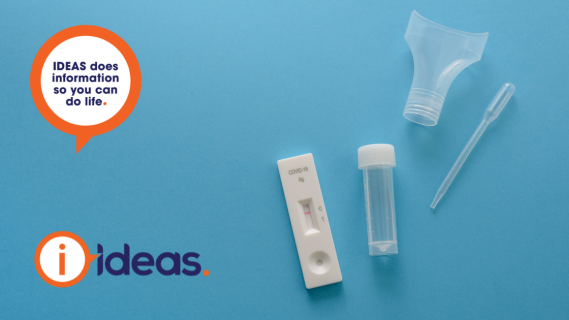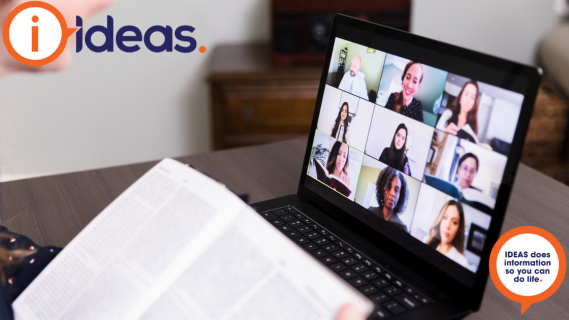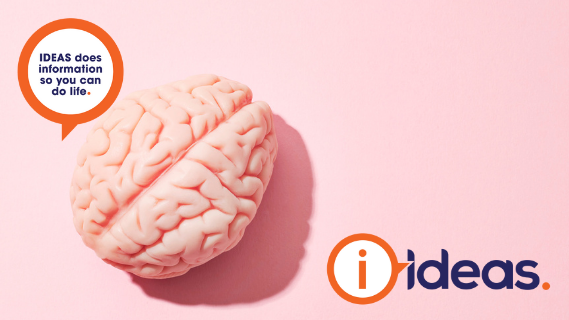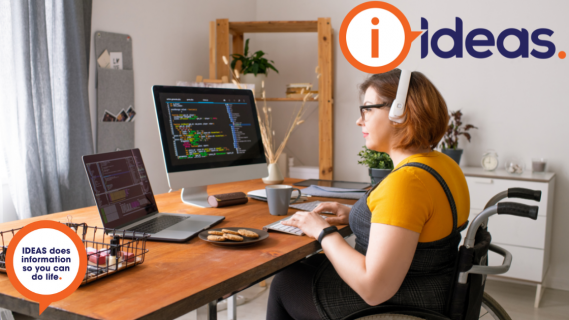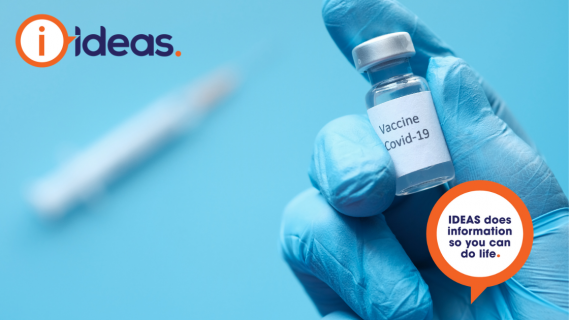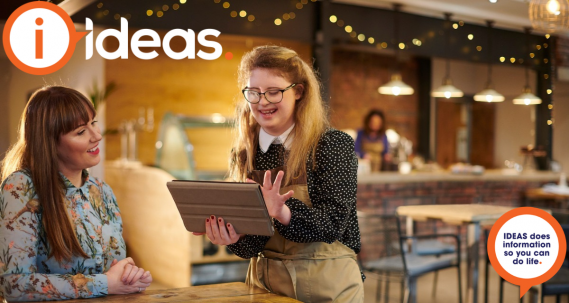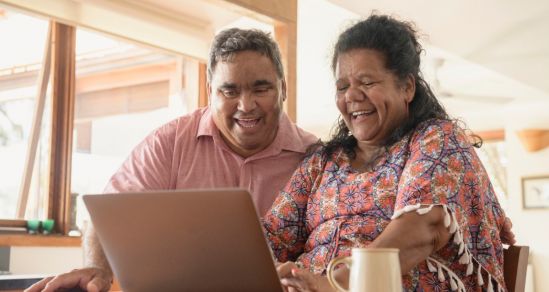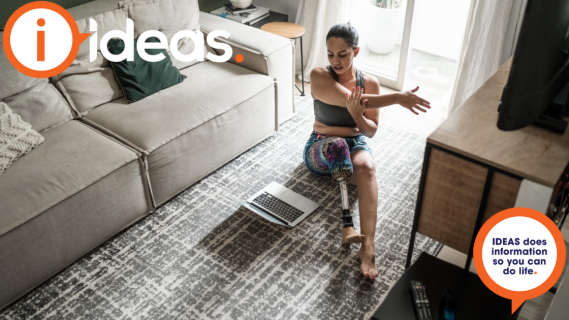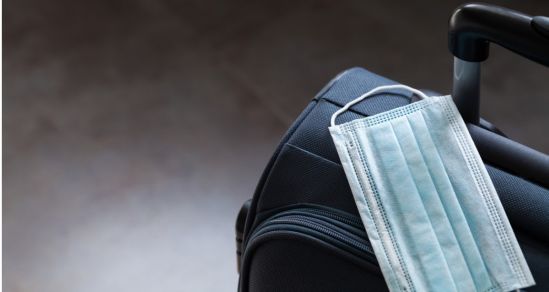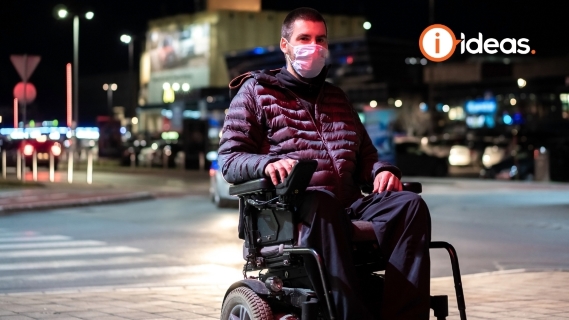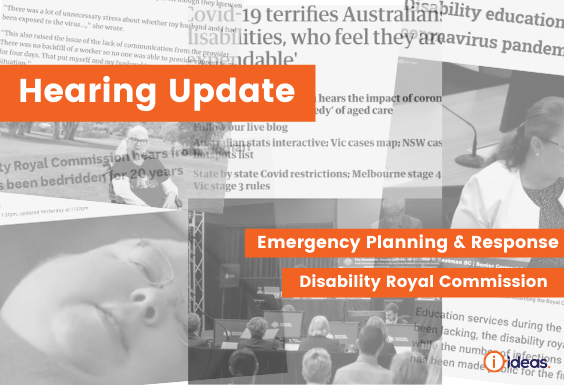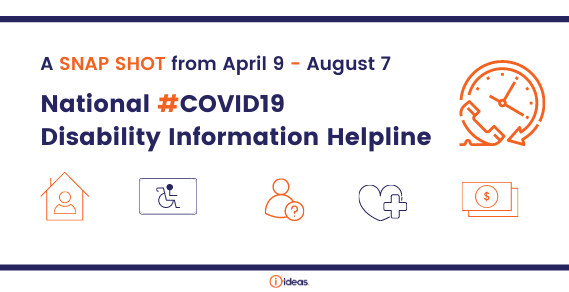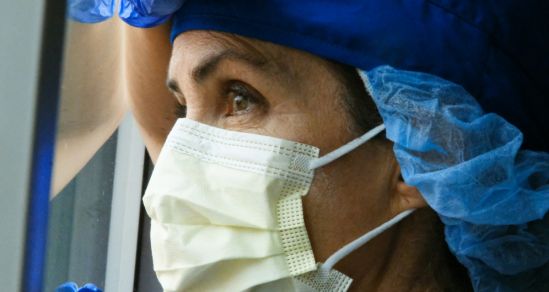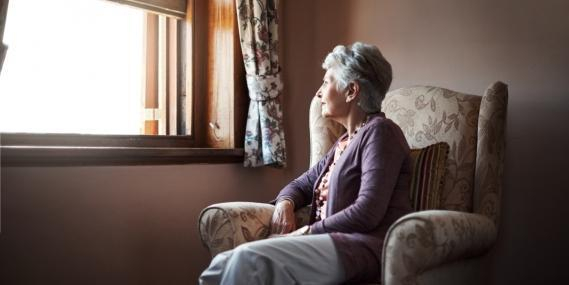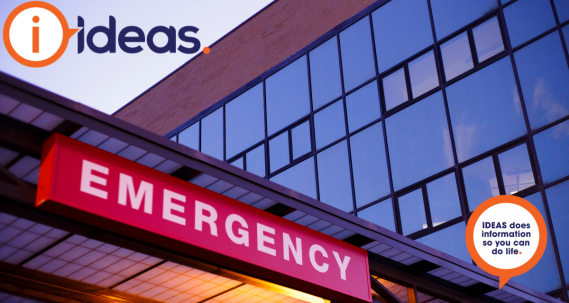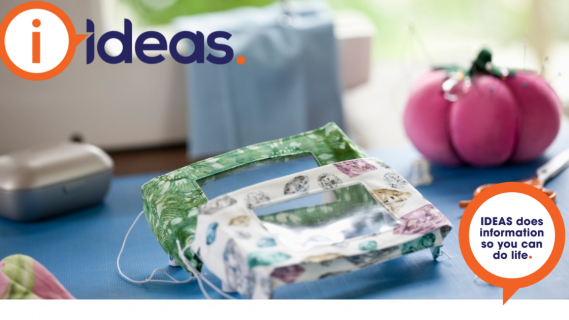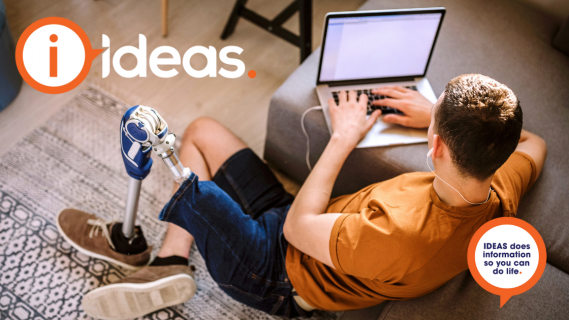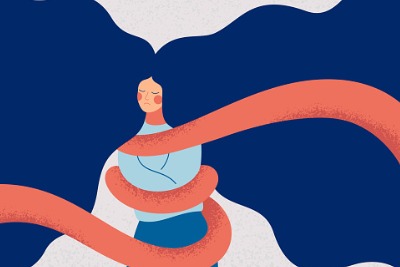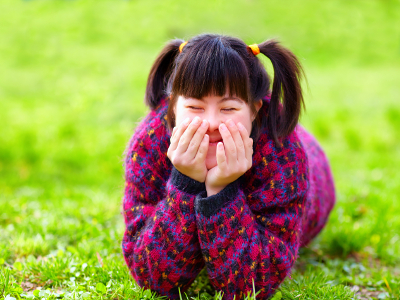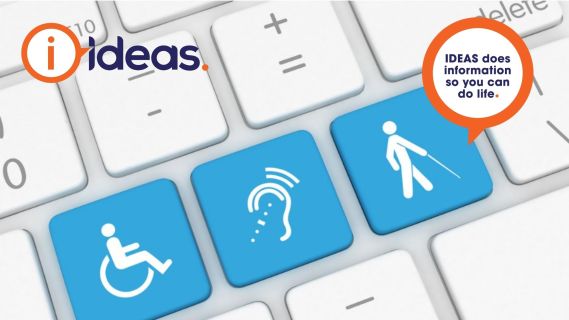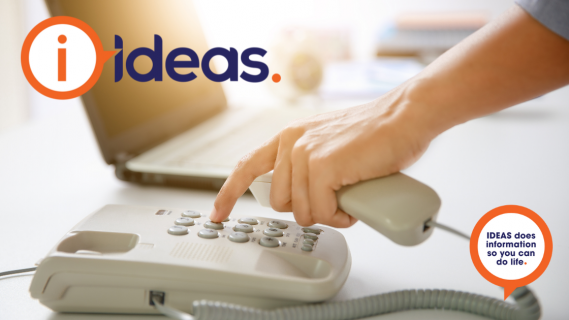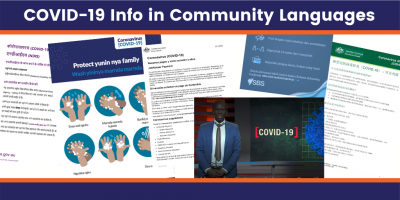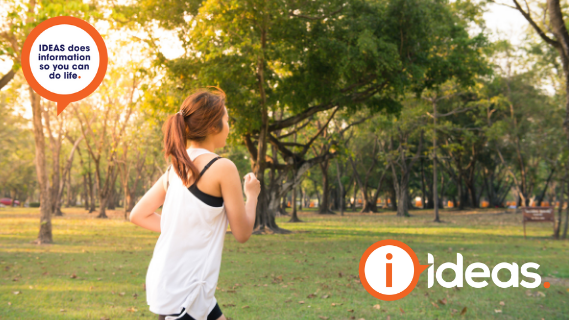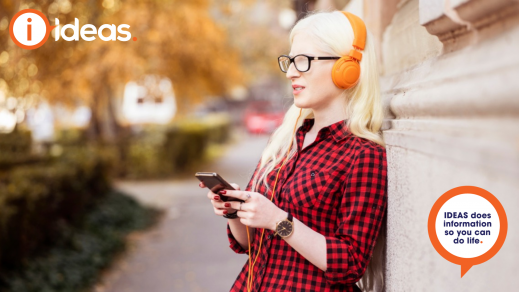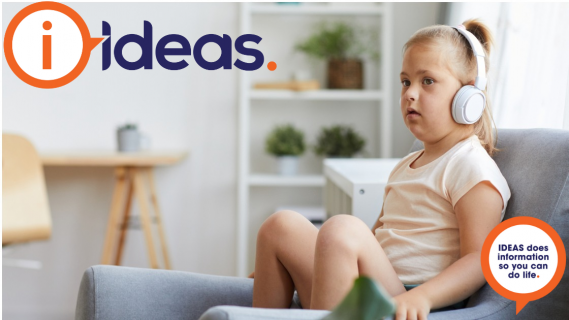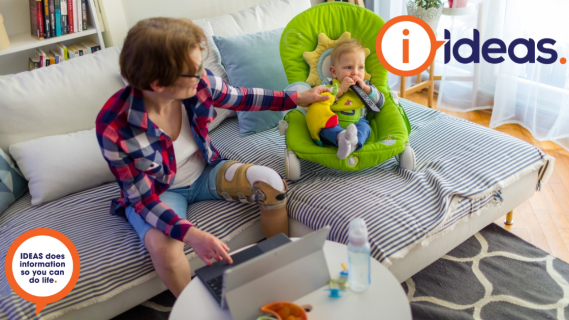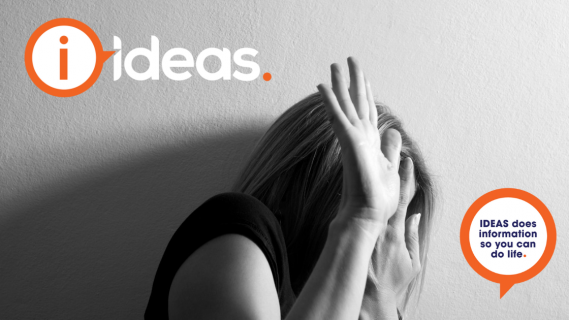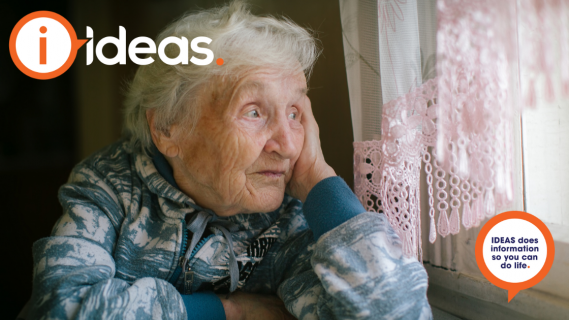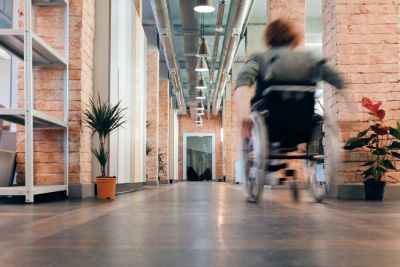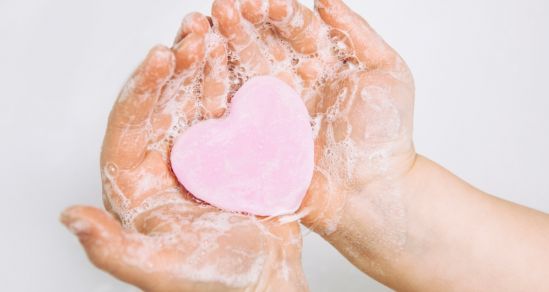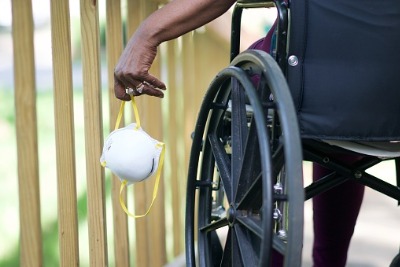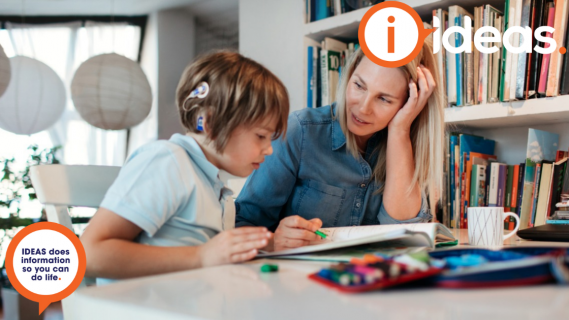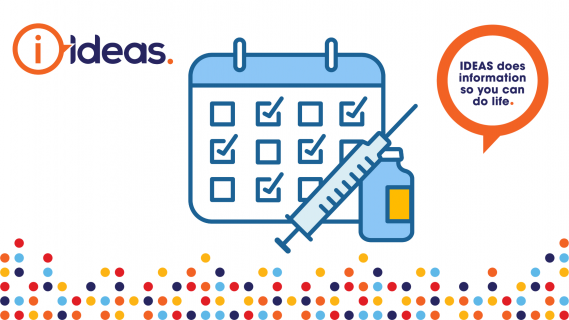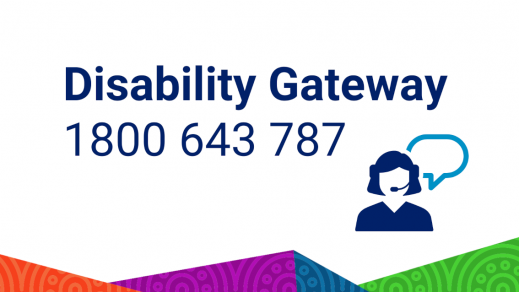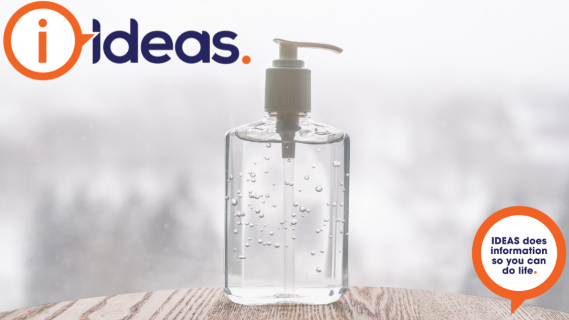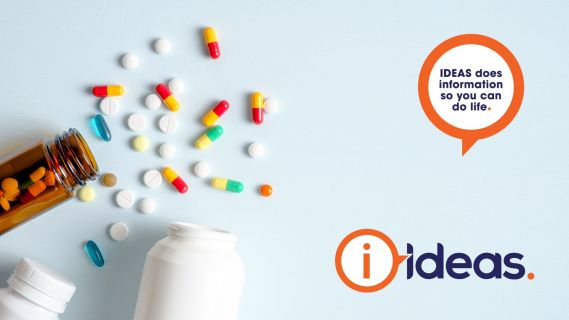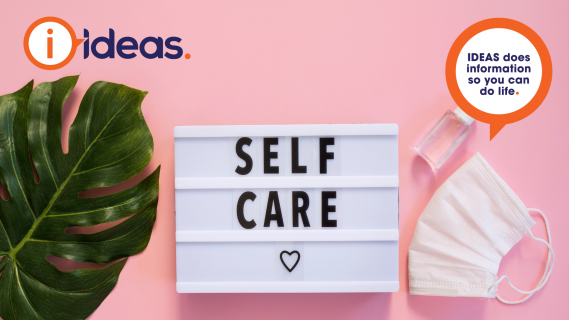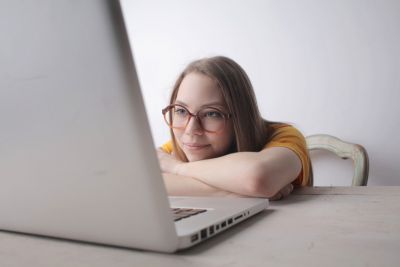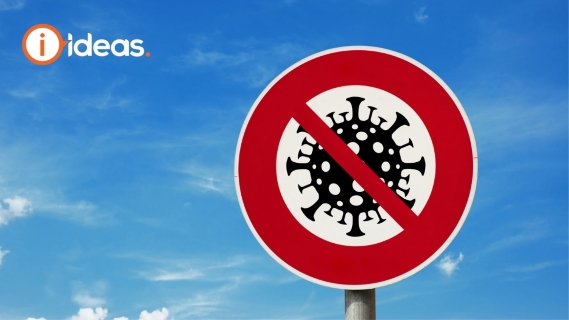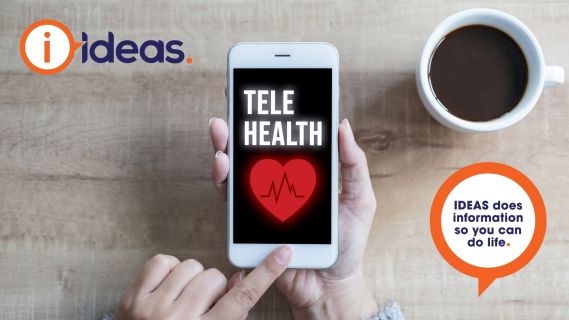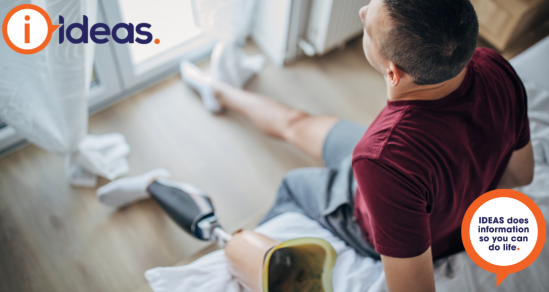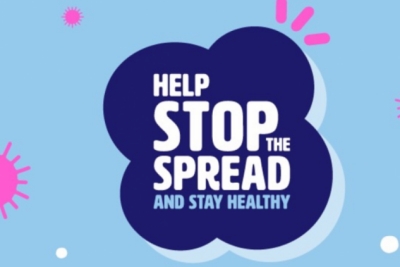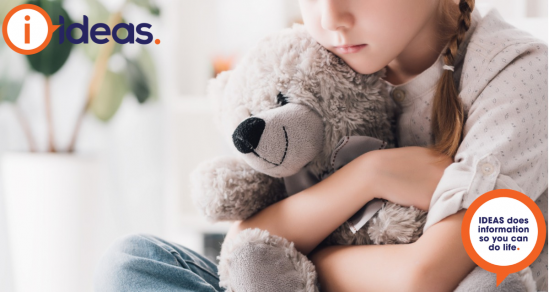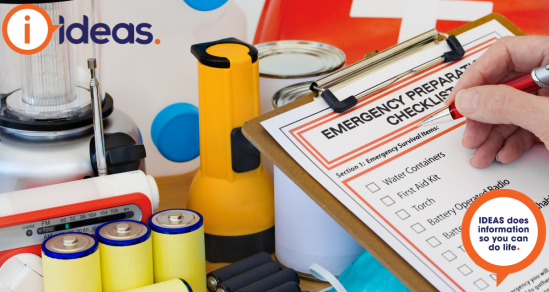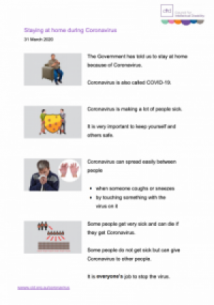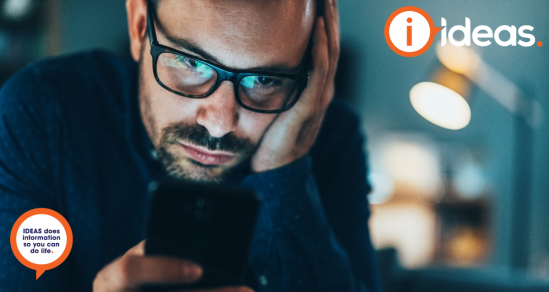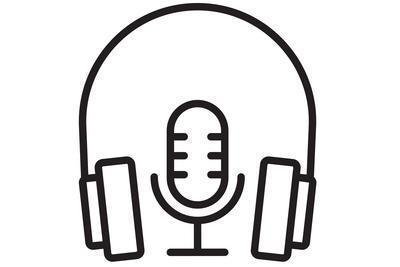Here are some simple ways to take care of yourself and your community even though COVID-19 restrictions have stopped.
Despite easing restrictions, COVID-19 has infected and killed more Australians in 2022 than at any other point in the COVID-19 pandemic. "Learning to live" with COVID-19 means adapting to our new "normal" and acting responsibly and kindly to one another to keep everyone safe.
Check the stats
Want to know the current numbers? They aren't published widely or circulated by mainstream media or government sources anymore, but you can still find out how much the virus is spreading in your state or region. Check COVID Live for the latest statistics and data on positive COVID-19 cases, hospitalisations, deaths and vaccination doses from all states and territories.
Simple safety measures
We know the people who are most at risk of severe illness, complications and death from COVID-19 are people with disability and chronic health conditions. So, what can you do to stay safe and keep others safe despite the restriction rollback?
Keep washing your hands
Hand hygiene is an essential step in minimising transmission. Wash your hands well with soap and warm water for at least 20 seconds. You can use hand sanitiser when you cannot wash your hands, like when out and about.
Most businesses and places you go will provide hand sanitisation stations, but as this becomes less common, it is a good idea to bring some with you. Don't stop using them just because restrictions have rolled back.
Don't give up on social distancing
Over the last few years, we've learnt how to give each other space. Staying just 1.5 metres from others is critical to slow the spread of infection and to limit your chance of catching or spreading COVID-19 and other respiratory illnesses like the Flu (Influenza A or B).
Respecting our own and other people's space is a small thing we can do to look out for each other, which reduces how easily the virus can spread.
Wear a mask when indoors or unable to socially distance
When you cannot socially distance yourself from others or are in crowded or poorly ventilated spaces indoors, you should still wear a mask if you can. An N95 or P2 mask is your best protection against COVID-19.
Note: Wearing a mask is not practical for everyone, but it is an essential preventative health care measure for others. We need to respect each other's choices and needs regarding wearing masks. Do not pressure other people not to wear a mask.
If you are uncomfortable wearing a mask, that is okay, as it is no longer mandatory to wear one in most situations, but you must respect other people's choices or needs. Wearing a mask is one of the easiest and best ways to protect yourself and others from the spread of COVID-19.
Keep up to date with vaccinations
A second booster (either your fourth or fifth dose) is recommended for older and at-risk / immunocompromised groups and is also available for anyone aged 30-49 if they choose. If you fall into any of the eligible categories, you should schedule your booster dose as soon as possible. If you still haven't had your first booster, you should.
Vaccination is the number one way to limit how many people die or need to go to the hospital to be treated for COVID-19. Although there are risks associated with the COVID-19 vaccine, as with any vaccine, the risk of severe illness, complications or death from catching COVID-19 far outweighs the risk of developing any complications from the COVID-19 vaccine.
Find out more: COVID-19 vaccine safety and side effects
Keep testing for COVID-19
If you have any COVID symptoms, you should use an at-home rapid antigen test (RAT) to check for COVID-19.
Symptoms of COVID-19 include:
- fever
- coughing
- sore throat
- shortness of breath.
PCR Tests are not as easily accessible as they were in 2020 and 2021, but if you suspect you have COVID-19 and have had multiple negative RATs, you may be able to access a PCR Test through your doctor. Call them to arrange this, and do not walk into a medical clinic if you suspect you have COVID-19.
More info on COVID tests is here: COVID Tests - PCR or RAT
If you do catch COVID, contact your GP
You may need antiviral medication to help you recover from COVID. If you have COVID-19, contact your GP / family doctor as soon as possible so they can write you a script if required. Antivirals must be taken as soon as possible (and within the first few days of illness).
Still stay home if you are unwell
Isolating and quarantine rules have now finished for most people. It is still important to isolate and stay home if you are unwell to protect vulnerable people in your community from COVID-19 and other respiratory illnesses.
Isolating and resting at home until you are well is the best thing you can do for yourself while you are getting better, and it also protects everyone in your community too!
Some people may test positive for longer than others after catching COVID-19; anywhere from five to ten days is normal. If you are symptom-free and get a negative result on a RAT, you can safely leave isolation.
Got questions? Find out more
For general information on COVID-19, call the National Coronavirus Helpline on 1800 020 080.
For COVID-19 information and support for people with disability or help booking a COVID-19 vaccine, call the Disability Gateway on 1800 643 787.

